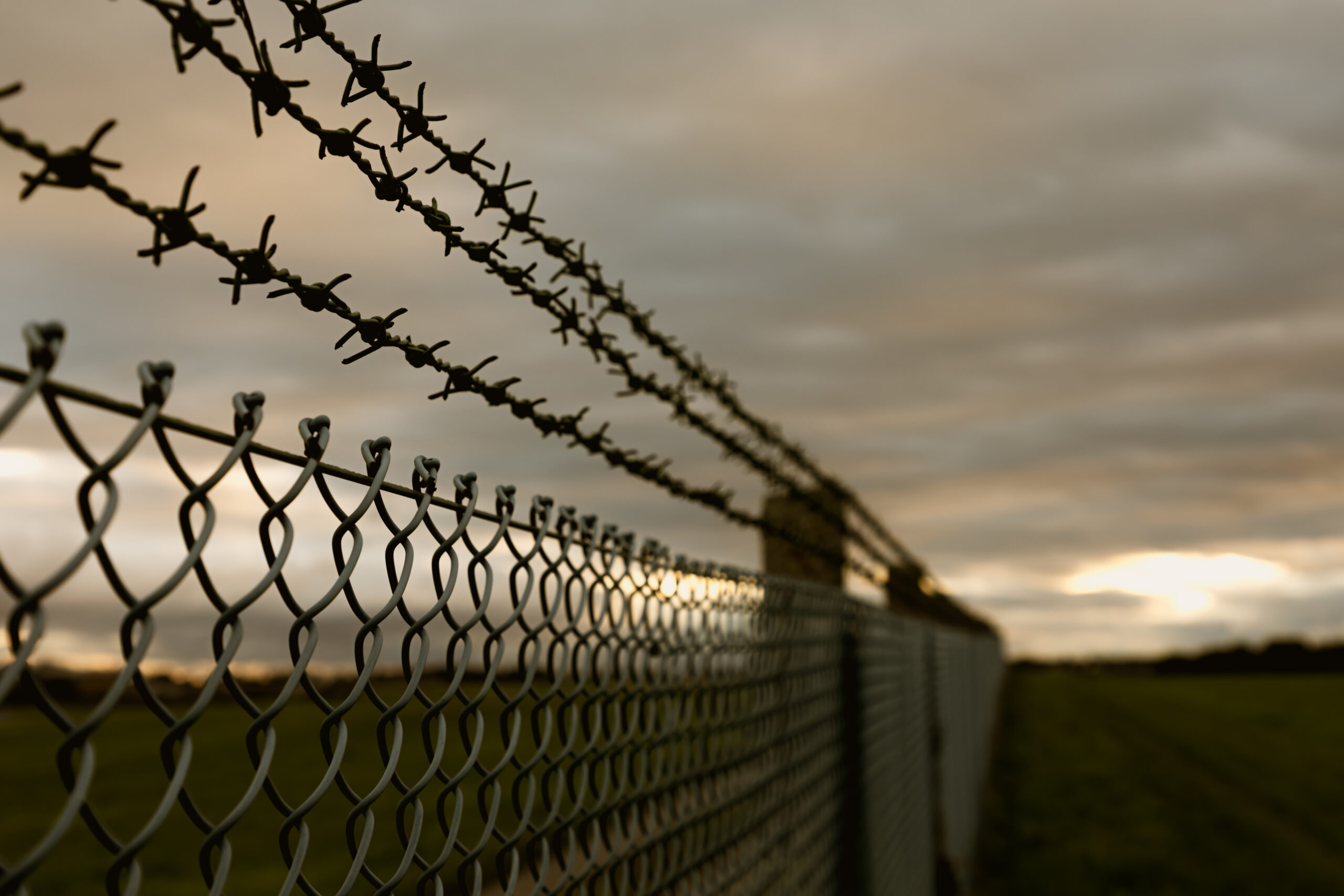Avoid unexpected legal trouble abroad by knowing which items are banned in different countries.

Packing for an international trip requires more than just careful planning—it demands awareness of local laws. Some everyday items can lead to fines, confiscation, or even jail time in foreign countries. From over-the-counter medications to cultural taboos, ignorance of the rules isn’t an excuse.
In this article, we’ll reveal 10 forbidden travel items that could land you in serious trouble abroad and offer tips to ensure a worry-free journey.
1. Prescription and over-the-counter medications could violate local laws.

Medications that are perfectly legal at home may be strictly controlled or banned in other countries. For instance, pseudoephedrine is prohibited in Japan, and medications containing codeine require a prescription in the UAE. Travelers caught with these substances without proper documentation can face fines, confiscation, or even imprisonment. To avoid issues, research the medication regulations of your destination before packing. Carry all medications in their original packaging and include a doctor’s note or prescription to ensure compliance during customs inspections.
2. Pepper spray and self-defense tools are prohibited in many countries.

While pepper spray is a common self-defense tool in some places, it’s classified as a weapon in others. Countries like the United Kingdom and Hong Kong have outright bans, and travelers caught with these items can face severe penalties, including arrest. Instead of packing pepper spray, research alternative safety measures such as personal alarms. Familiarize yourself with local laws before traveling to avoid trouble. Staying informed allows you to prioritize safety while adhering to legal requirements.
3. Certain foods and spices could trigger customs violations.

Bringing food items like fresh produce, meats, or even spices into a foreign country can lead to customs violations due to strict agricultural laws. For example, Australia has stringent quarantine regulations to prevent invasive pests, while some Middle Eastern nations restrict pork products. Failure to declare food items can result in fines or confiscation. To stay compliant, research your destination’s food import policies and declare any questionable items. Being cautious ensures you won’t face unnecessary delays or penalties at customs.
4. Drones without proper permits may lead to arrest or fines.

Drones are a popular travel accessory for capturing breathtaking footage, but many countries impose strict regulations on their use. For instance, operating a drone without a permit in Morocco can lead to confiscation or legal consequences. In some places, drones are completely banned. To avoid issues, always check local drone laws before departure and obtain permits if required. Follow guidelines about no-fly zones, especially near airports or government buildings. Proper preparation ensures you can use your drone legally and responsibly.
5. E-cigarettes and vapes are illegal in some countries.

While e-cigarettes and vapes are common in many countries, others have outright bans, such as Thailand and Singapore. Possessing or using these devices can result in hefty fines or even jail time. In some cases, merely transiting through these countries with a vape in your luggage could cause legal complications. Research your destination’s vaping regulations before traveling, and leave your devices at home if they are prohibited. Avoiding these items ensures a smoother, worry-free trip.
6. Pornographic materials are forbidden in many conservative nations.

Possessing pornographic material is considered a serious offense in many countries with strict decency laws, such as Saudi Arabia, Iran, or Malaysia. These materials can include anything from explicit films, fantasy books to suggestive magazines. Travelers caught with such items may face fines, confiscation, or imprisonment. To avoid trouble, steer clear of packing anything that could be interpreted as pornographic. Researching local laws and adhering to cultural norms ensures that your trip remains respectful and free of legal complications.
7. Cultural or religious items may be considered offensive contraband.

Some items that seem harmless, like religious books, alcohol, or symbols, may be illegal in countries with strict cultural or religious regulations. For example, carrying Bibles into North Korea or alcohol into Saudi Arabia can lead to severe penalties. Before traveling, research the cultural and legal restrictions of your destination. Avoid packing anything that might be deemed offensive or illegal. Respecting local customs and laws not only keeps you safe but also fosters positive interactions with locals.
8. High-powered cameras or binoculars could be misinterpreted as spy gear.

Professional-grade cameras or powerful binoculars may raise suspicion in countries with heightened security concerns, such as Cuba or India. Authorities might confiscate these items or accuse you of espionage. To prevent misunderstandings, research restrictions on photography equipment at your destination and avoid carrying overly advanced gear unless absolutely necessary. Stick to tourist-friendly devices and follow local guidelines for photography, particularly near sensitive sites. Staying mindful ensures a smooth experience and avoids unnecessary conflicts with authorities.
9. Counterfeit or replica goods could violate intellectual property laws.

Possessing counterfeit or replica designer items is illegal in many countries with strict intellectual property laws, including France and Italy. Customs officials are trained to identify knockoffs, and carrying them can result in fines, confiscation, or even legal action. To avoid problems, refrain from purchasing fake goods abroad or traveling with questionable items. Sticking to authentic products not only ensures compliance with the law but also supports ethical trade practices and protects your travel plans.
10. Obscene or offensive clothing may breach local decency laws.

Clothing featuring offensive slogans, symbols, or imagery can violate decency laws in conservative or religious countries. For example, wearing revealing attire in parts of the Middle East or clothing with politically sensitive messages in China can result in fines or public reprimands. To avoid offending locals or breaking the law, research the dress codes and cultural expectations of your destination. Packing modest, culturally appropriate clothing ensures a respectful and trouble-free travel experience.
